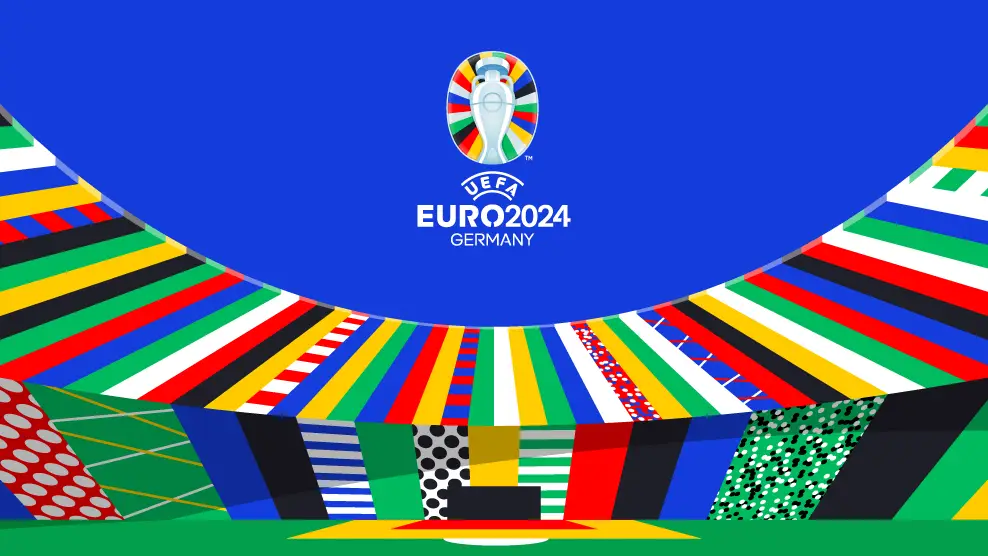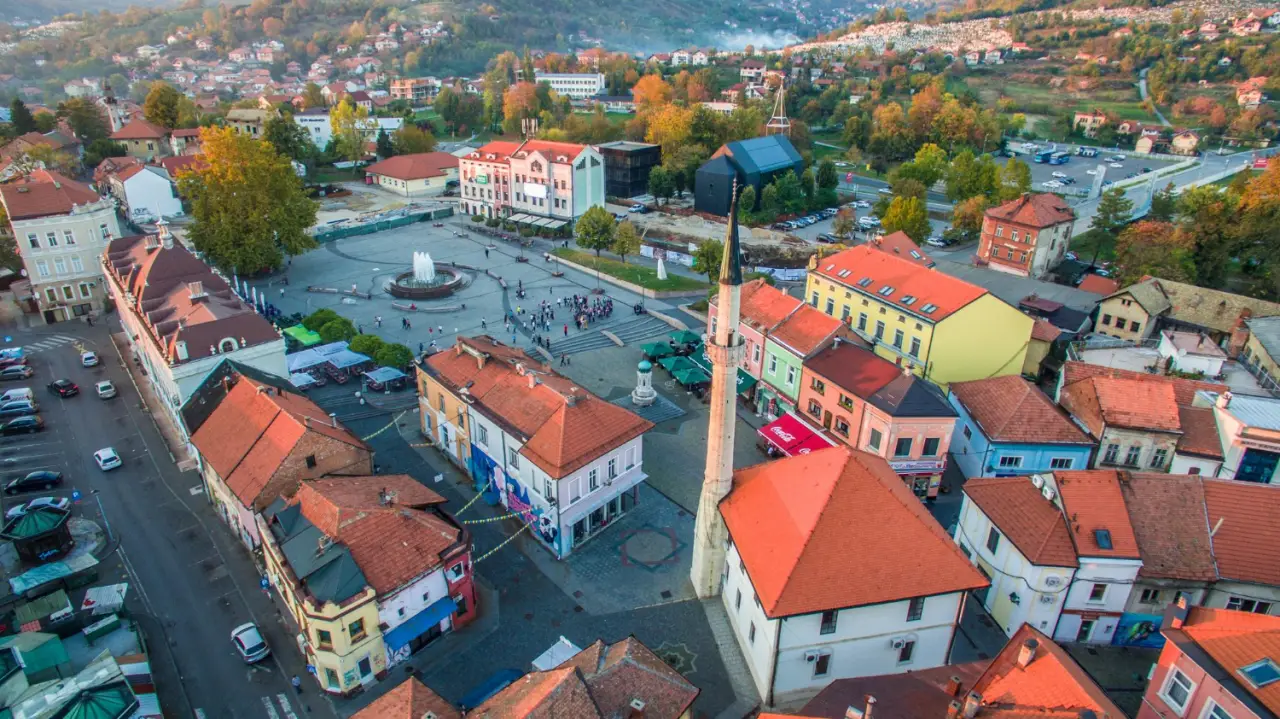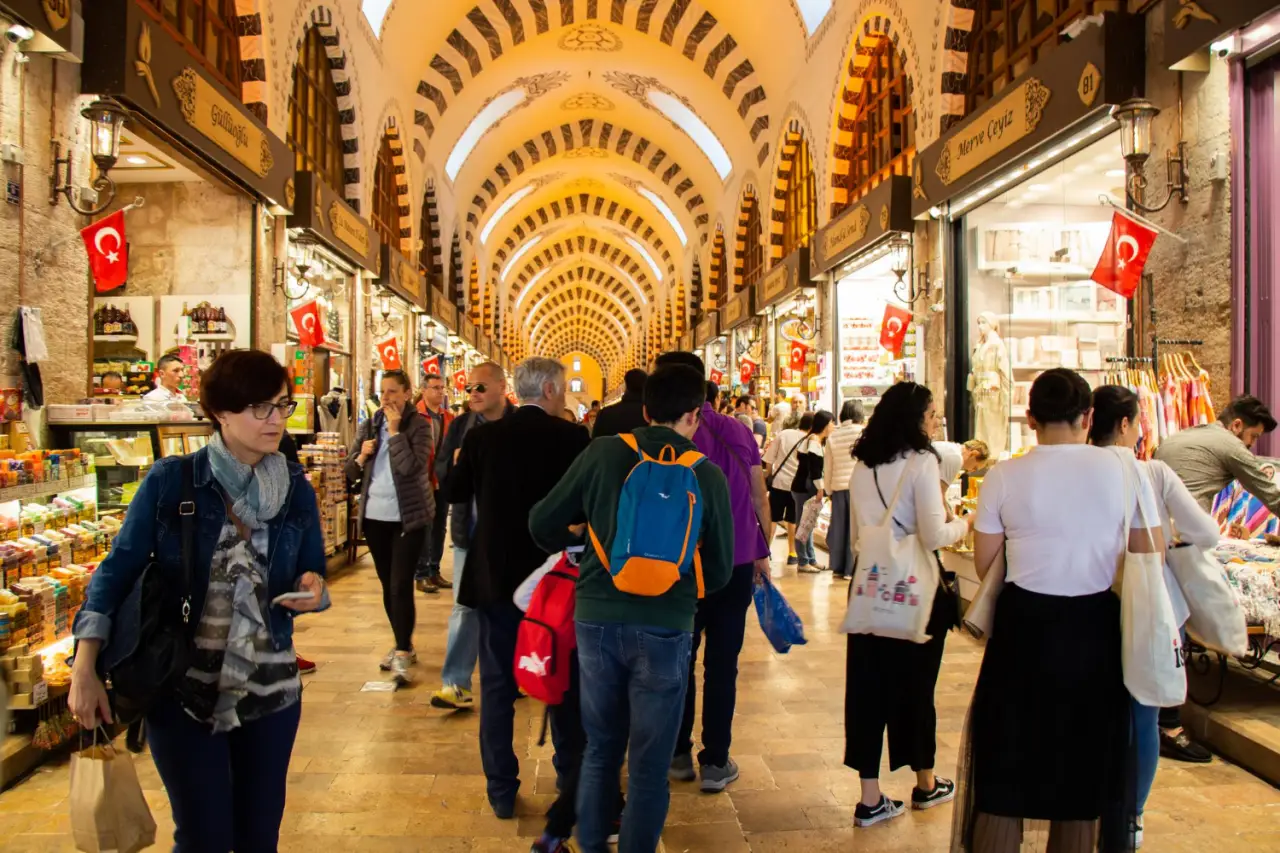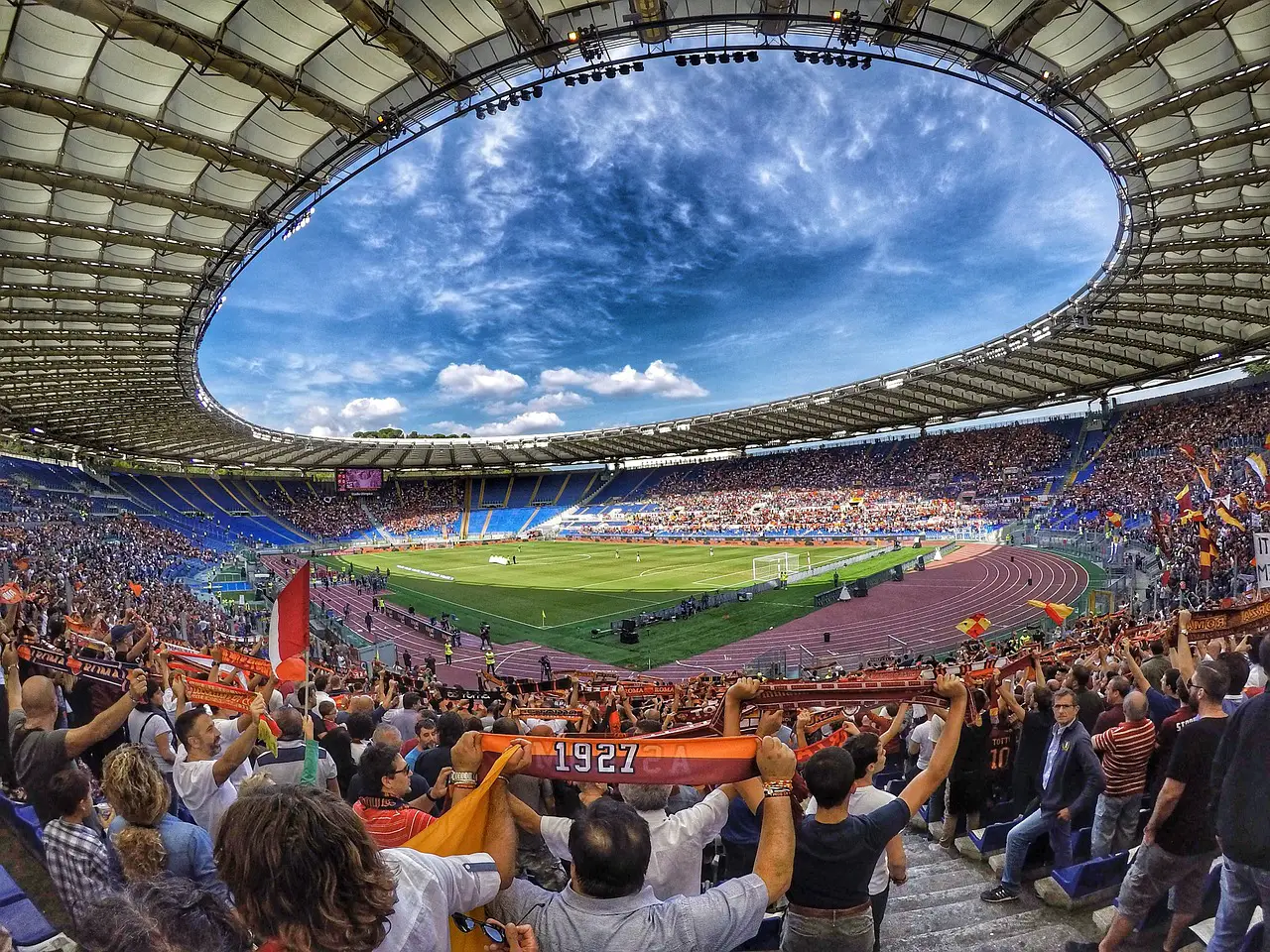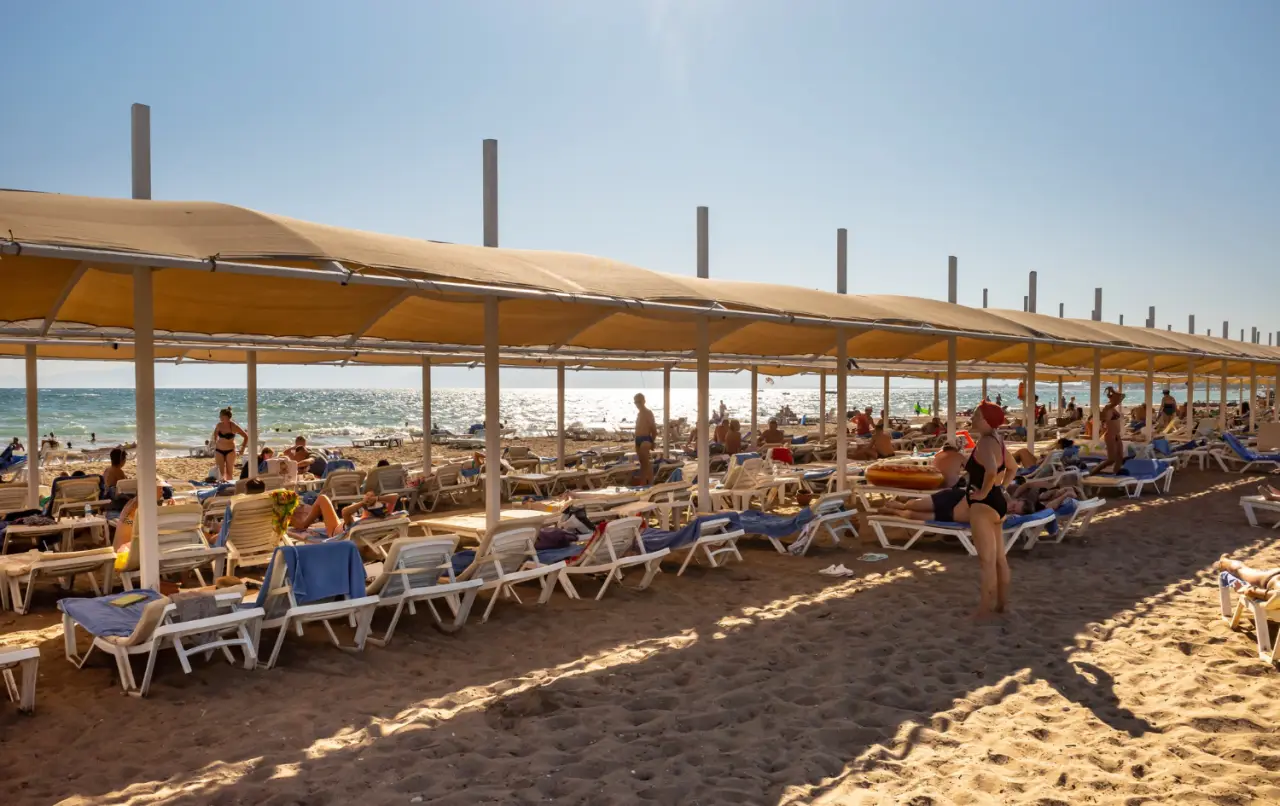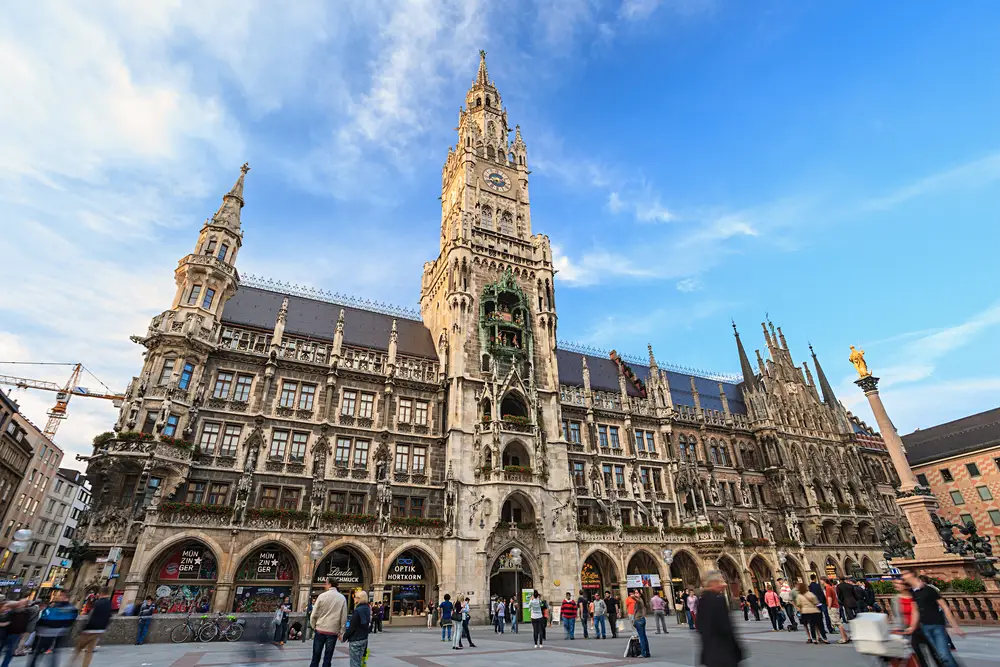The UEFA EURO 2024 tournament in Germany proved to be more than just a celebration of football; it also delivered a significant economic windfall.
A comprehensive study conducted by Nielsen Sports revealed that the event generated an impressive €7.44 billion in economic impact for Germany and its ten host cities. This impact was largely fueled by the spending of the 2.7 million ticket holders, nearly half of whom traveled from abroad, as well as organizers and accredited personnel.
The influx of visitors translated into substantial expenditures on accommodation, travel, and dining, both within the stadiums and throughout the host cities. Additionally, the tournament’s extensive media coverage resulted in €571 million worth of advertising value, further enhancing the visibility of Germany on the global stage.
The Nielsen Sports study highlighted the widespread benefits felt across the country, with almost two-thirds of ticket holders utilizing public transportation, contributing to the local economy and reducing environmental impact. The positive effects of the tournament extended beyond the financial realm, as the event fostered a sense of pride and unity among the German population.
UEFA President Aleksander Čeferin praised the tournament, stating, “UEFA EURO 2024 in Germany was an outstanding tournament and an unforgettable experience for everyone involved. The football was exceptional, the fans were delighted, and as this report clearly demonstrates, the tournament had a significant economic and social impact on the host country. This proves that major sporting events are not just a triumph for the football community but for society as a whole.”
Bernd Neuendorf, President of the German Football Association (DFB), echoed this sentiment, emphasizing the tournament’s dual success: “Not only did it provide us with great matches and a fantastic atmosphere in the stadiums; it was also an economic and social success.”
The event also had lasting impacts on tourism, with 97% of international ticket holders expressing a desire to visit Germany again. A remarkable 79% of all attendees said they would recommend visiting the cities that hosted their matches, boosting the long-term appeal of these destinations.
However, the economic impact of UEFA EURO 2024 extended beyond traditional metrics. According to earlier reports, over 100,000 sex workers operated in the country during the tournament, underscoring how such large-scale events can influence the economy in unexpected ways. While the primary focus of the event was on football, this surge in sex work highlighted the complex and multifaceted nature of the economic activities that accompany international sporting events.
As Germany reflects on the success of UEFA EURO 2024, it also looks forward to future opportunities to host major sporting events, further cementing its reputation as a premier destination for global gatherings.

